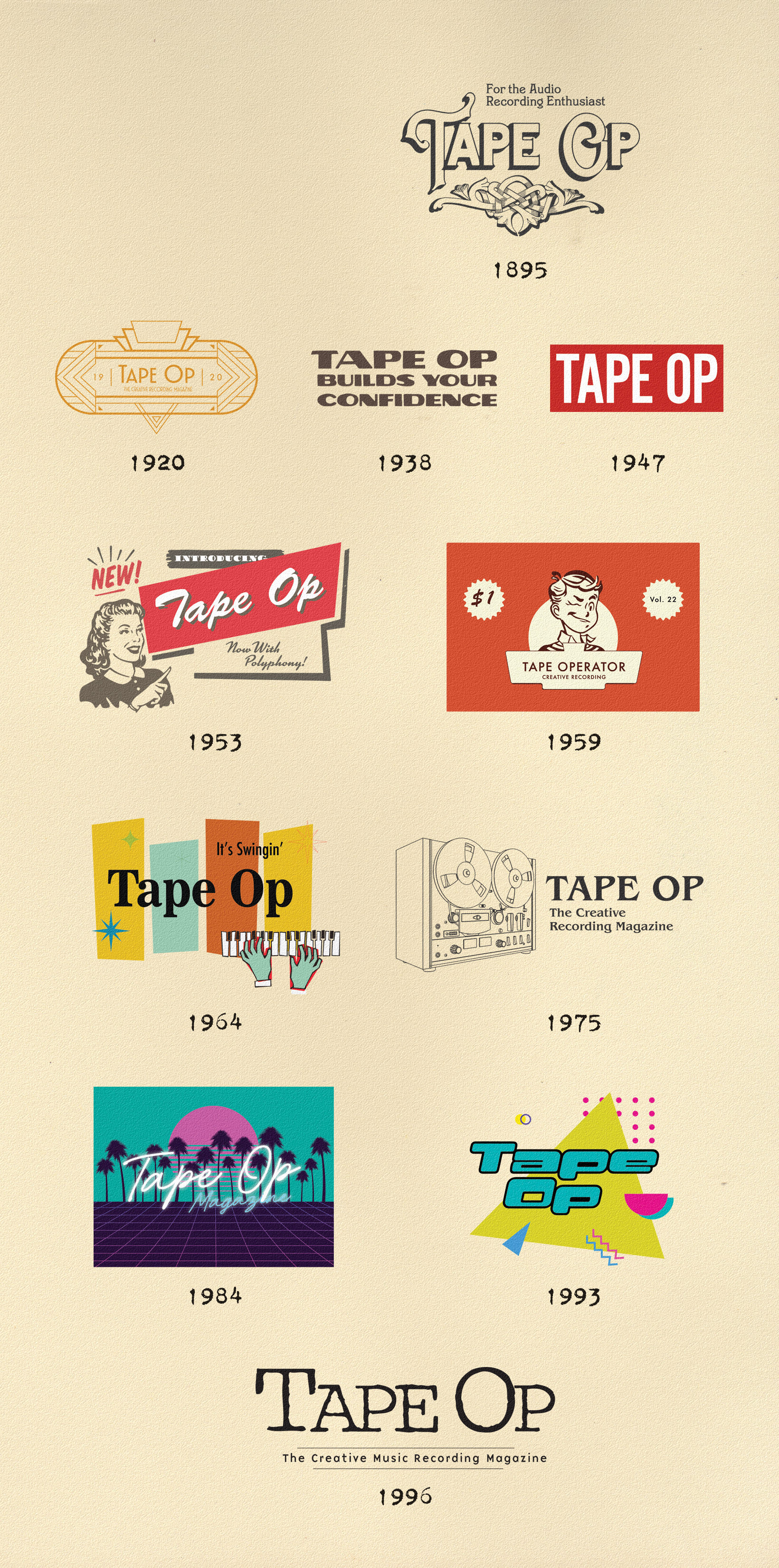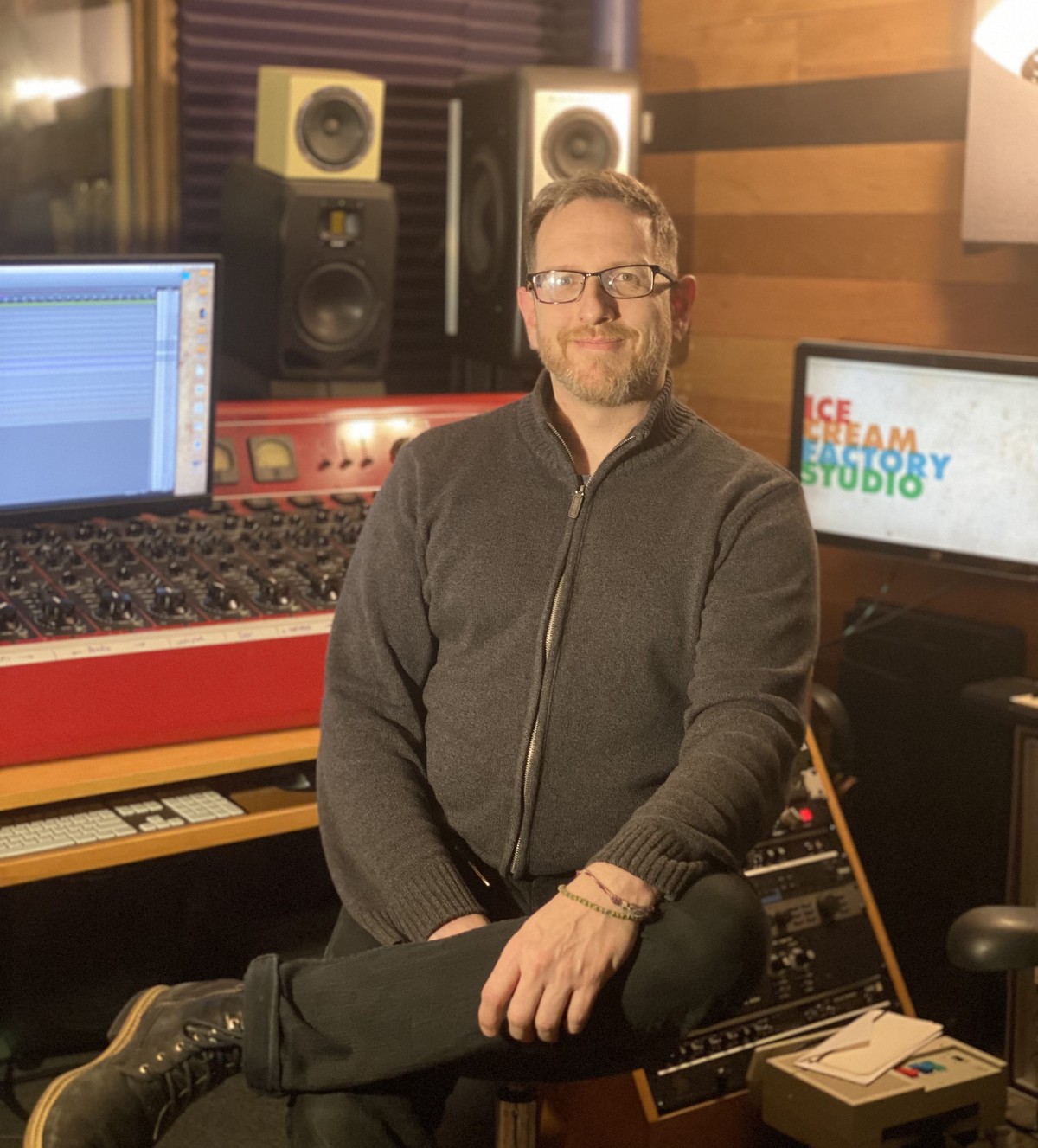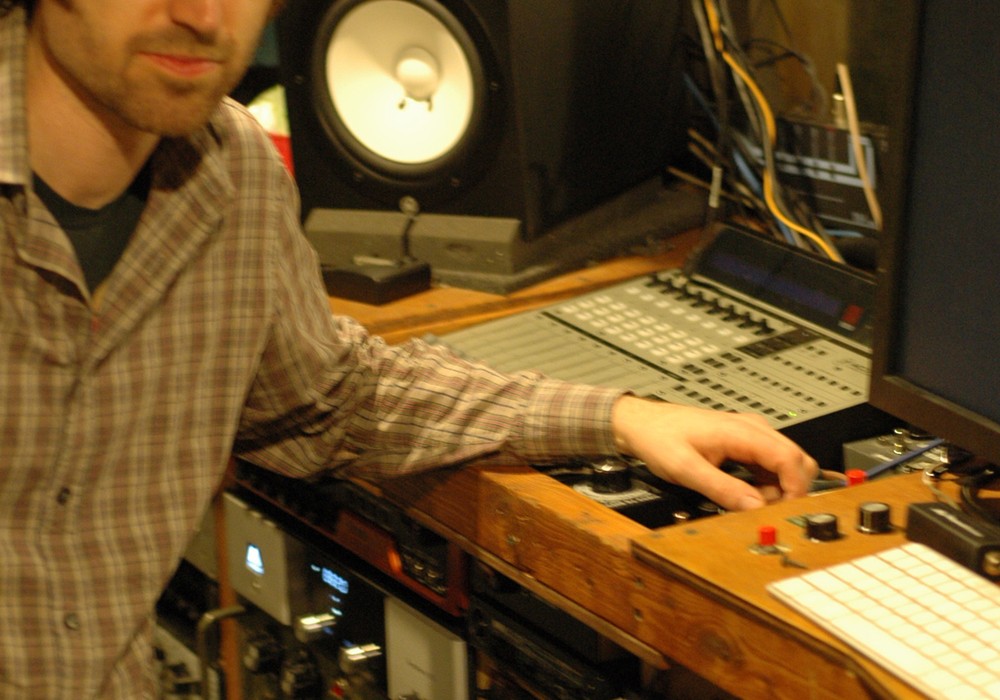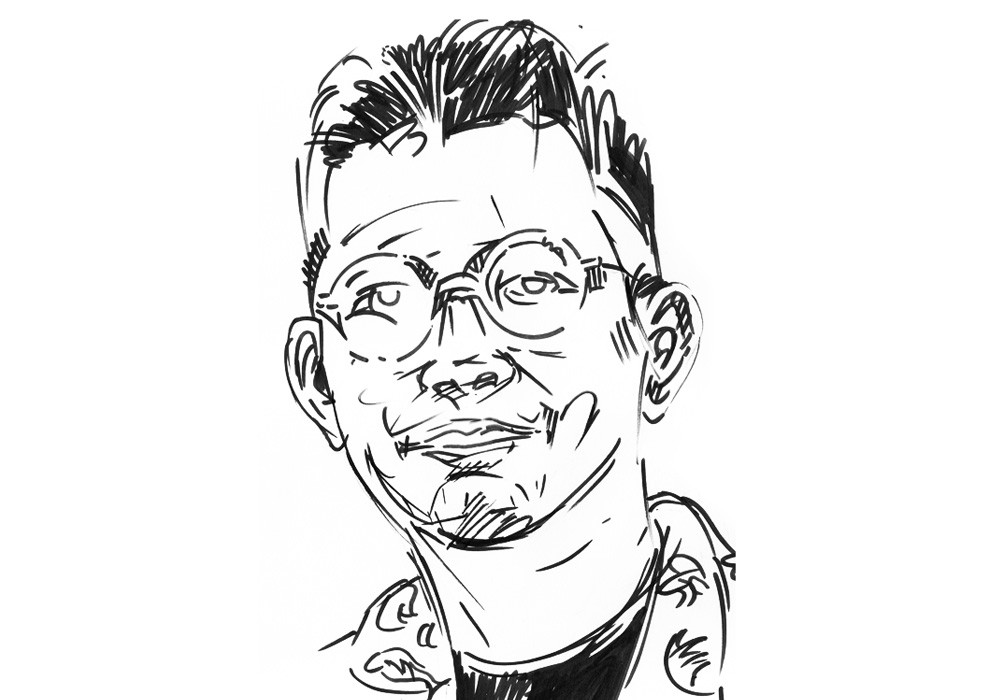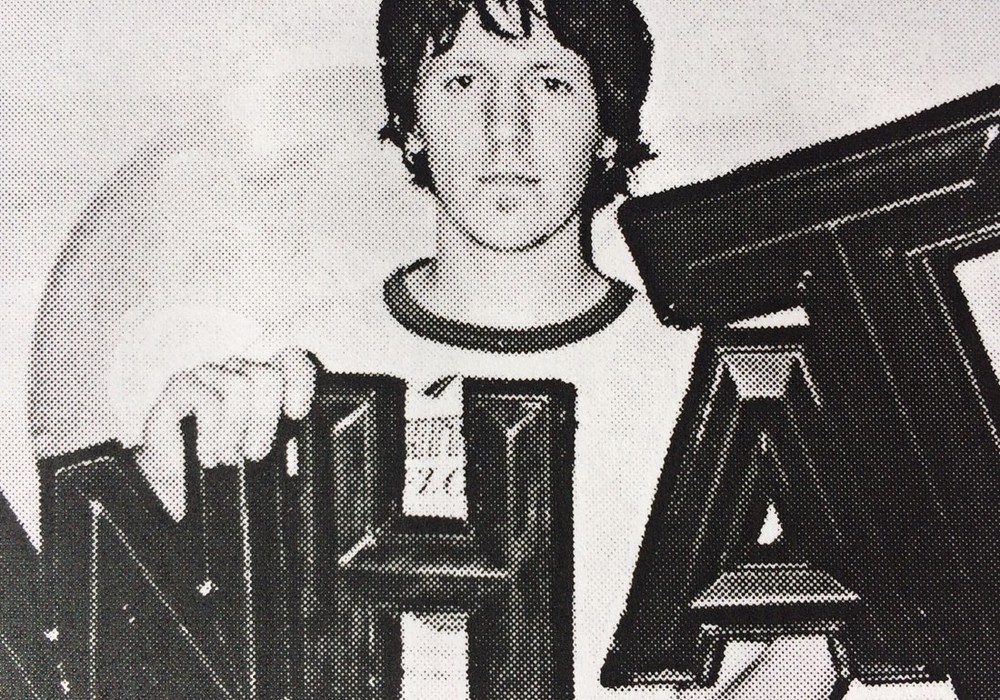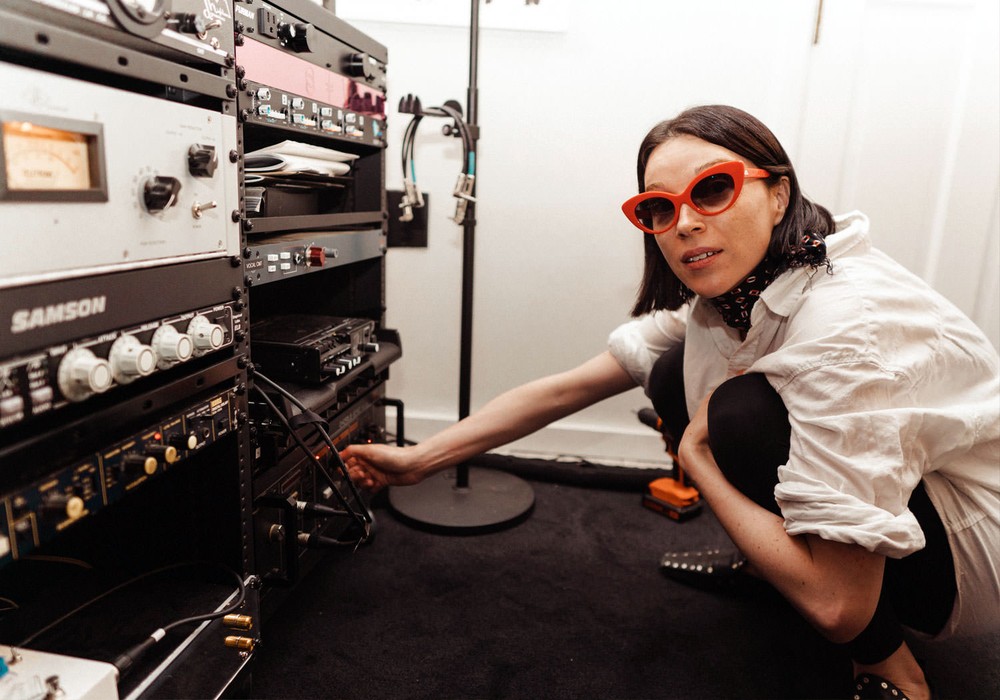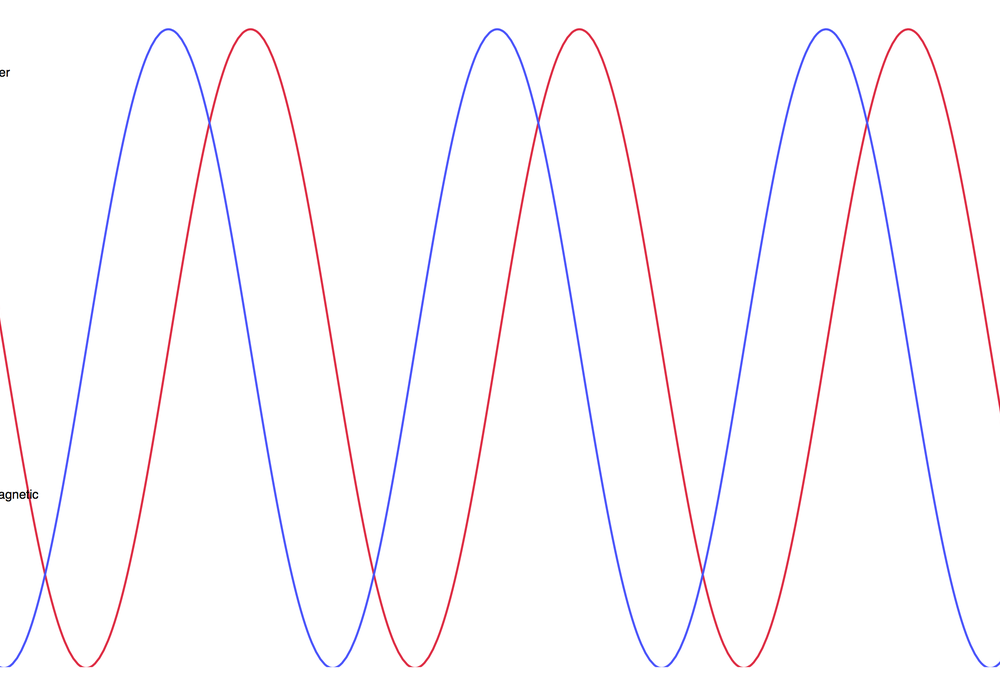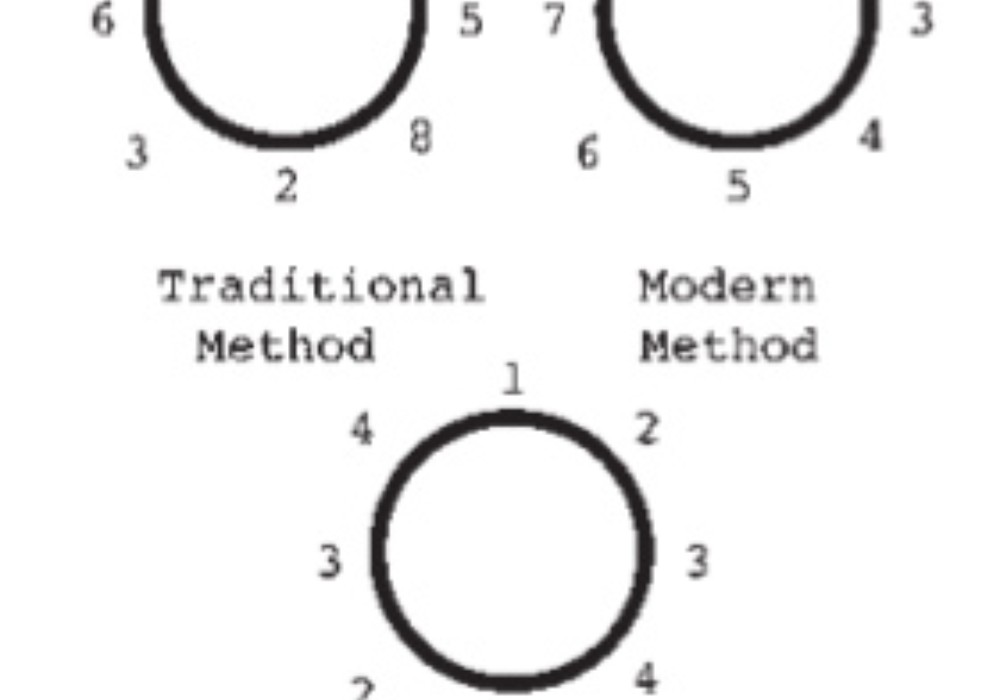Where was the original Ice Cream Factory Studio?
It was in a warehouse called the Sterling Ice Cream Factory in Cincinnati, [Ohio]. I don't think it's even occupied anymore. At the time it was full of artists, musicians, and some steel sculptors that I had to work around; they were loud! When I was working there it was mostly Cincinnati metal bands. That would have been in the early 2000s.
So, you moved to Austin, kept the name, and found a new space?
Being scrappy and independent, I got a big, old, modular iso booth from VocalBooth. I crammed it into my apartment, then my house, and finally into the space that I'm in now, which has been the home of the studio for the last nine years. Now the booth is holding the EMT 140 plate [reverb] (one of the solid-state mono in/stereo out ones) and a bunch of guitar amps. For the most part, I use it as guitar isolation. It sometimes gets used as a vocal booth if I want an intimate, quiet, tight space sound.
Do you use that plate reverb much?
Yeah, it's incredible on strings, vocals, and anything else I want to cram through it. It's exactly what one would expect from an EMT 140.
Your mic collection is epic!
It's absurd. I have Dave Glassco to thank for that. Dave and I partnered up about five years ago. He brought in a Fairchild 670 [limiter], a Neve BCM10 [console], a [Neumann] U 47 [mic], a couple of [Neumann] M 49s, an [AKG] C24, a Telefunken [ELA M] 251, a [Neumann] U 67, and [Neumann] CMV 3s. The oldest mics that we have are from 1932. He brought in all these unbelievable pieces of gear, and I've been supplementing that with others. I don't shop as much as I used to. I mostly try to make good-sounding recordings!
Who are some of the Austin bands that you started with here, after moving?
Members of Texas Tornados plus Paul Oscher (who used to tour with Muddy Waters) were backing up Murali Coryell. It was Ernie [Durawa] on drums, Speedy Sparks on bass, Joe Morales on saxophone, and Augie Meyers on keyboards. Working with all those guys was amazing. It was also a little nerve-wracking, because they'd been doing this for 60 years. They'd been touring and recording longer than I've been alive. I was trying to provide the most seamless experience possible. I wanted to be completely transparent. At any point one of them could call out, "We like that," and if I wasn't tracking it, then it's gone. It was a lot of listening and not talking. There were a lot of pretty out-there stories that were told about Muddy Waters, as well as getting a call from The Beatles asking Augie about his Vox Continental sound. I got to hear some pretty great stories from them.
You've worked with some older musicians, but what have you learned working with younger bands?
A lot of times, artists will come in with very fleshed-out demos that they've done themselves, so one of the things that I deal with a lot is "demo love." The band will get hung up on something that they want to recreate exactly [like the demo]. I'll say, "Fly it in! Why not just use what you made?" They're like, "Well, but it's a demo." That doesn't matter. Whatever sounds great, that's what we're going with. Trying to exactly emulate demo tracks can be tough, because, a lot of times, honestly, it sounds too good – what they're expecting is something more lo-fi. A minimal one-mic drum setup, or something recorded on a phone, can have a sound that is hard to get out of nicer gear. Rather than trying to chase that rabbit hole, I try to find that happy medium. Or I tell them, "Hey, we can fly in the parts that give the vibe that you want." I try not to automatically say, "Yeah, I've tried that, and it doesn't work." It's possible that something I've tried that doesn't work [before] works perfectly in this artist's context. It's easy to get in your own head. For...
